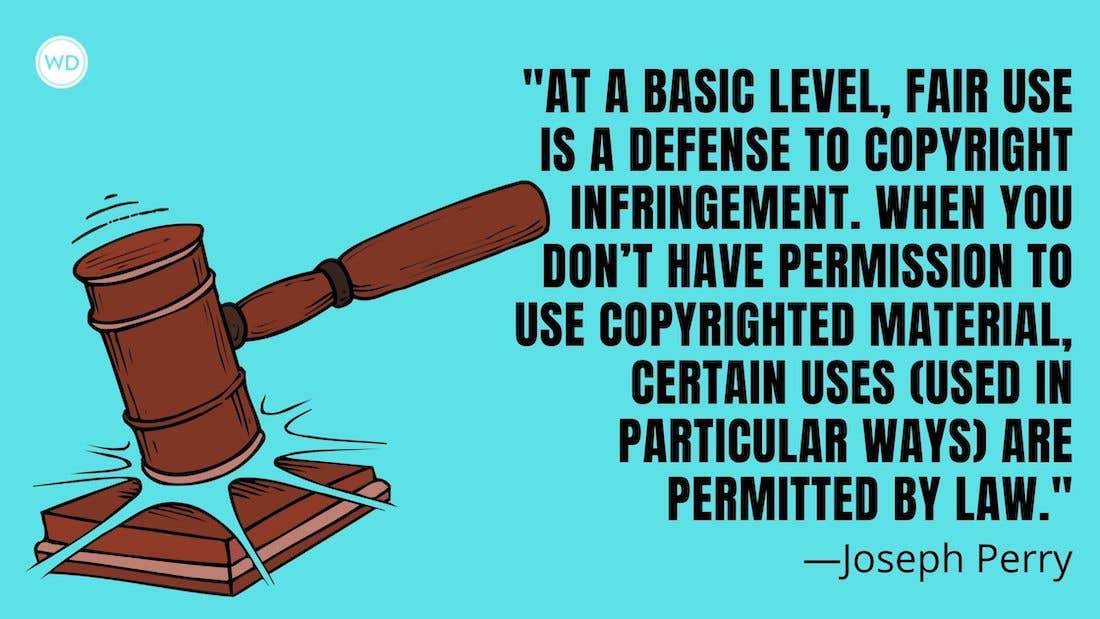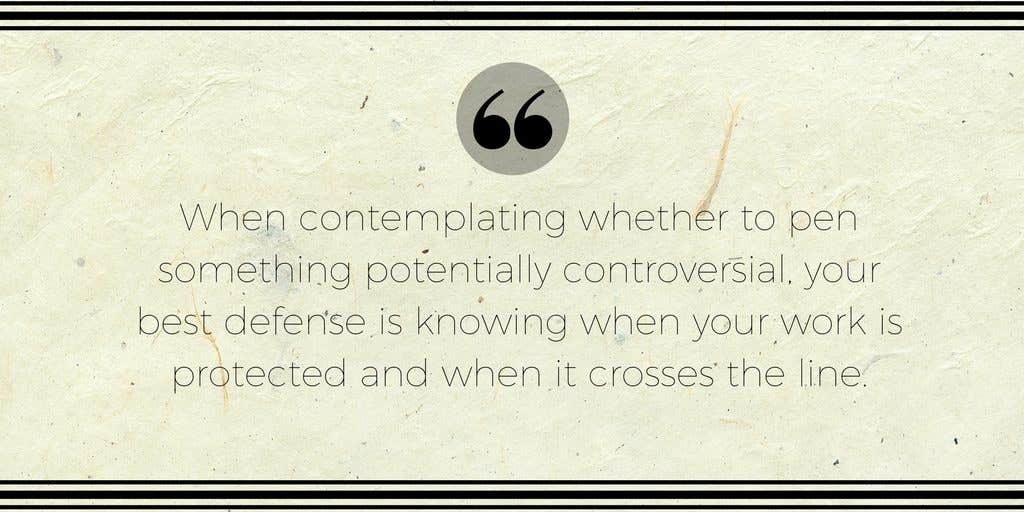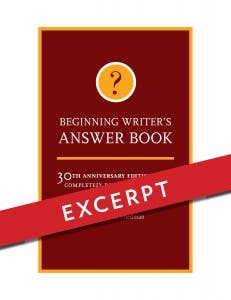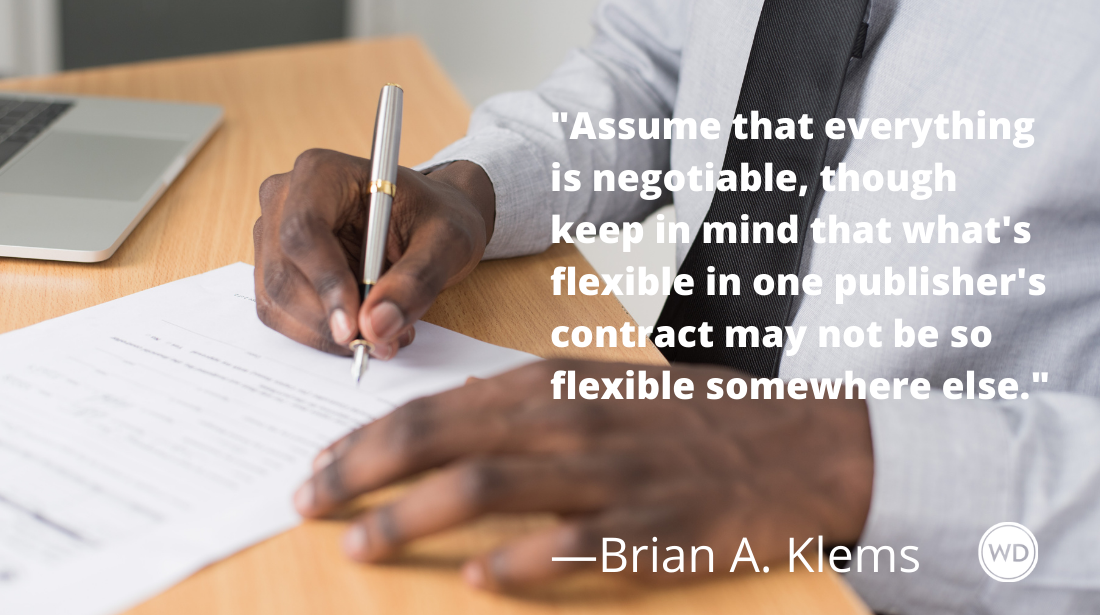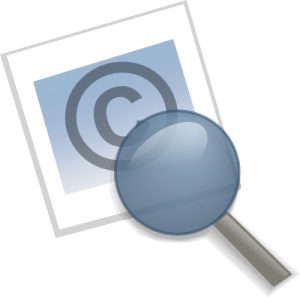From Proposal to Contract in Under a Week
For several years I labored in the agent fields, trying to harvest one for my book on helping doctoral candidates finish their dissertations. My approach, I was sure, was new, based on my longtime practice of coaching doctoral students and editing their dissertation drafts.
For several years I labored in the agent fields, trying to harvest one for my book on helping doctoral candidates finish their dissertations. My approach, I was sure, was new, based on my longtime practice of coaching doctoral students and editing their dissertation drafts.
I also knew from much research, and the students themselves, that the traditional dissertation-writing handbooks largely ignored the major subjects of my book—the emotional and interpersonal troubles students come up against in achieving this difficult goal. These aspects can trip them up as much as not knowing the right chapter headings or correct scholarly jargon.
In my quest for an agent, I mined the writing annuals, sites, reviews, and interviews for anyone with a hint of graduate education and interest in self-help. Amassing a thick file, I wrote to every one of them. All I gleaned were a few compliments and plenty of good lucks.
This guest post is by author, editor, writing coach, and spiritual counselor, Noelle Sterne, who has published more than 300 pieces in print and online venues, including Author Magazine, Funds for Writers, Children’s Book Insider, Inspire Me Today, Transformation Magazine, Unity Magazine, Writer’s Digest, The Writer, and Women on Writing. With a Ph.D. from Columbia University, Noelle has for over 28 years assisted doctoral candidates in completing their dissertations (finally). Based on her practice, her handbook addresses dissertation writers’ overlooked but very important nonacademic difficulties. Challenges in Writing Your Dissertation: Coping with the Emotional, Interpersonal, and Spiritual Struggles will be published by Rowman & Littlefield Education in 2015. In her book Trust Your Life: Forgive Yourself and Go After Your Dreams (Unity Books, 2011), Noelle draws examples from her academic consulting and other aspects of life to help readers release regrets, relabel their past, and reach their lifelong yearnings. Her webinar about the book is on YouTube: http://www.youtube.com/watch?v=95EeqllONIQ&feature=youtu.be Noelle invites you to visit her website: trustyourlifenow.com.
Dogged Doing
I kept at it, following all leads. I also continued to rethink the book and refocus the premises. I reflected on how many of my clients not only shared their emotional turmoils and relationship problems with me (dissertations often, unfortunately, precipitate divorces) but also admitted that they needed a more spiritual approach in their torturous graduate school journey. After repeated academic sucker punches, they would gingerly assert their faith in a power higher than their dissertation chair.
Spirituality and scholarship don’t often mix. Some of the nursing journals publish a few articles on spiritual qualities and practices (nurses are, after all, helpers and healers). But such a topic for dissertation help in academic circles is generally frowned on or completely shunned.
Today, though, the spiritual is popping up everywhere else, with spiritual-oriented books making bestseller lists, spiritual-themed movies making box office history, and even meditation techniques making the Internet homepages and supermarket magazine covers.
Clients shared with me much personal evidence on the effectiveness of spiritual techniques. I reflected too on my own use of spiritual practices to help students solve the problems their doctoral committees threw at them. So, heartened (and praying), I summoned the courage to incorporate another component in my book in addition to the emotional and interpersonal—the spiritual.
I revised the outline, reworked the chapter synopses, refined the introduction, and restructured the entire proposal. And wrote to more agents.
Nada.
Practitioner, Practice Thyself
Never mind, I thought. As I advised clients, I told myself to keep affirming success. And as I also advised clients, I kept visualizing myself working on the book daily. I also revisited the buoying words of one graciously rejecting agent: “You’ll publish this book in no time.”
During a meditation session, an idea surfaced: switch gears from submitting my proposal to agents and go directly to academic presses. This may not seem like an astounding revelation. But please understand: as a primarily nonacademic writer I’ve always craved an agent—the undisputable symbol, I’ve believed, of finally gaining credibility as a writer.
Following my inner guidance and doing more research, I drew up a list of academic publishers, all reputable, all stalwart. Each had its own proposal guidelines, and I dutifully filled in the blanks and sent the first out.
Speed Emailing
From here, things happened unbelievably fast. You probably won’t believe the chronology, so I chronicle the specifics.
- Tuesday night, 7:17 pm: sighing, back aching, I emailed the proposal to the first publisher.
- Wednesday morning, 8:52 am (seeing address and suppressing incipient elation): I opened the email from the vice-president/publisher asking me how this book would be different from the other three they most recently published, and another due out in two months.
- Wednesday afternoon, 12:29 pm (more research, no lunch): Drafted my reply and checked for typos. Sent!
- Wednesday afternoon, 1:28p: (between gulping sandwich bites and guzzling water): Opened his email: “Very convincing.” I then read, holding onto my desk chair arms so I wouldn’t faint, that they wanted to offer me a contract. “Delighted to have you as one of our authors.” I let go of the chair arms and floated to the ceiling.
- Wednesday afternoon, 1:30 pm: Two minutes later, surprised, I opened this email. The sandwich stuck in my throat. The projected length, he said, would make the book too big and expensive for the very audience I was aiming at, graduate students. And the original title was too long and amorphous and lacked good searchable words. He asked me to suggest alternate titles that “reflect the book’s purpose.” I slid under my desk chair.
- Wednesday evening, 7:41 pm: All day avoiding the latest request, and incidentally attending to a couple of clients’ dissertations, I finally squeezed out three alternate titles. Sighing mightily, I agreed to cut the book length and sent off the email.
- Thursday morning, 8:17 am: He thanked me for agreeing to cut the text and suggested another alternative to my three alternative titles.
- Thursday afternoon, 3:20 pm: After ruminating and chewing on the edges of several research books, I suggested yet other alternatives to his alternative alternative titles (was this a verbal pissing contest?). And waited.
- Friday, 10:00 am: He chose one of the alternative alternatives with a modification.
- Friday, 2:32 pm: I agreed with his choice and suggested a slight remodification (couldn’t appear a complete marshmallow).
- Friday, 2:46 pm: He thanked me and considered it settled. He added,
- “Ready to go, then!” I stood on my desk chair and shouted.
- Friday, 4:06 pm: From his associate, in my inbox appeared a passel of forms, information, tips, and THE CONTRACT. I ran into my husband’s office screaming and jumping to the ceiling.
* * * * * *
How Long?
All this took place in less than a work week—faster than I could ever have imagined. Well, let me correct that: less than a week—and several years. My proposal had to “sit” before I was ready to see it anew and change my focus. I also had to be ready to take the daring leap to include what I consider a major facet of my work, the spiritual.
I knew too that the many proposal revisions had increasingly brought out my expertise in the subject, and my passion for the project became evident. I believe the publisher liked these qualities, as well as my quick replies. I commend him too, an academic publisher, for not being put off by my audacious inclusion of the spiritual. His responses bolstered my conviction that during the many steps to book production we would have a simpatico relationship.
As I now absorb the miracle of this lightning proposal-to-contract, from under my desk I drag out the carton of materials, and from my computer open the windows of swelling collection of files, notes, and articles. And the work begins.
P.S. A bonus: One of the agents who had complimented the work earlier invited me to keep her informed. On Contract Friday, once I simmered down, I wrote her with the news. She then agreed to represent me! So, my toiling in the agent fields bore serendipitous—and wonderful—fruit!
Check Out These Great Upcoming Writers’ Conferences:
- Feb. 11, 2017: Writers Conference of Minnesota (St. Paul, MN)
- Feb. 16–19, 2017: San Francisco Writers Conference (San Francisco, CA)
- Feb. 25, 2017: Atlanta Writing Workshop (Atlanta, GA)
- Feb. 26–March 3, 2017: Writers Winter Escape Cruise (conference/cruise departing Miami)
- March 25, 2017: Michigan Writers Conference (Detroit, MI)
- April 22, 2017: The Kentucky Writing Workshop (Louisville)
- May 20, 2017: San Diego Get Published Conference (San Diego)
- July 8, 2017: Cleveland Writing Conference (Cleveland)
- July 22, 2017: Tennessee Writers Workshop (Nashville, TN)
- Aug. 18-20, 2017: Writer’s Digest Conference (New York City)
Boost your proposal-writing skills and chance of publication with
The Weekend Book Proposal. Jam-packed with proven strategies,
sample queries and proposals, and more, this book is a must-have.
Order it now and have your proposal finished in 48 hours!



